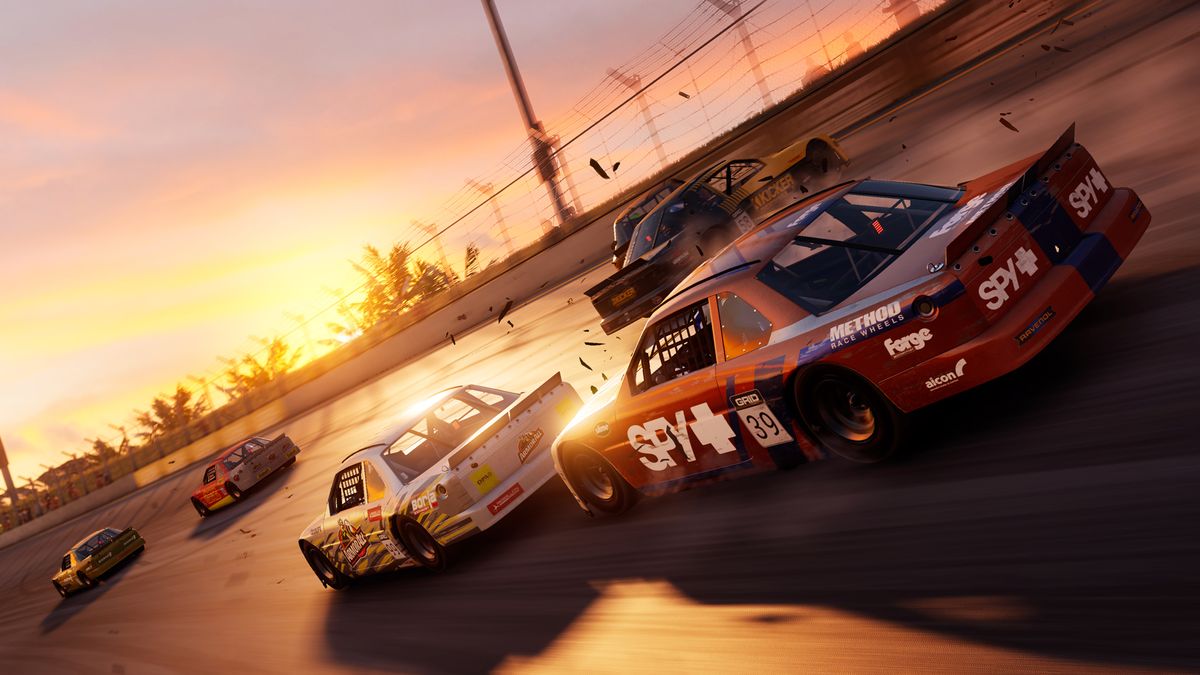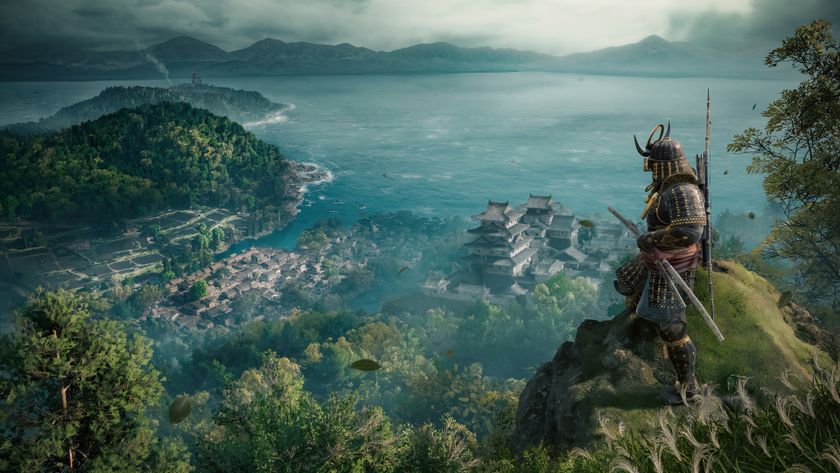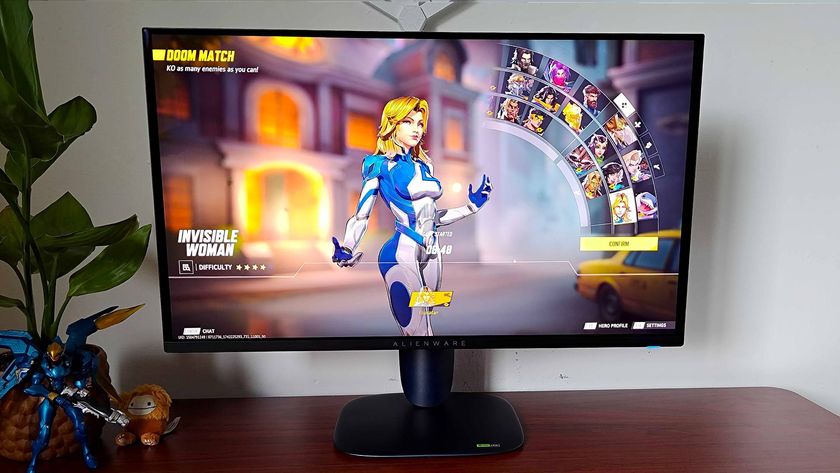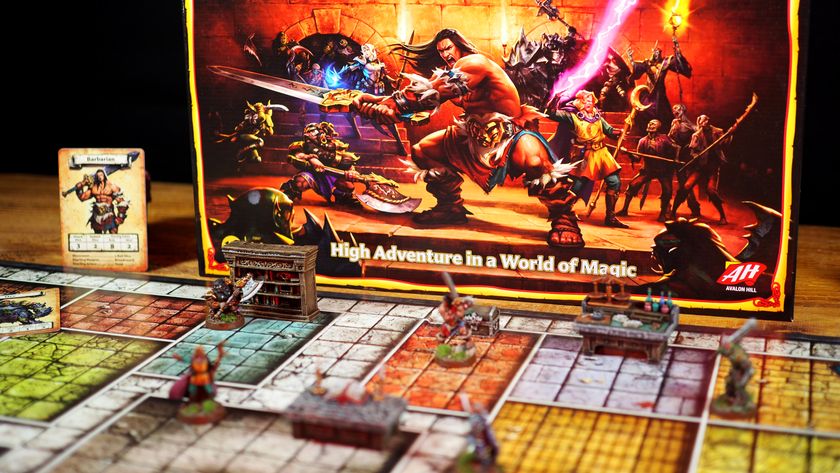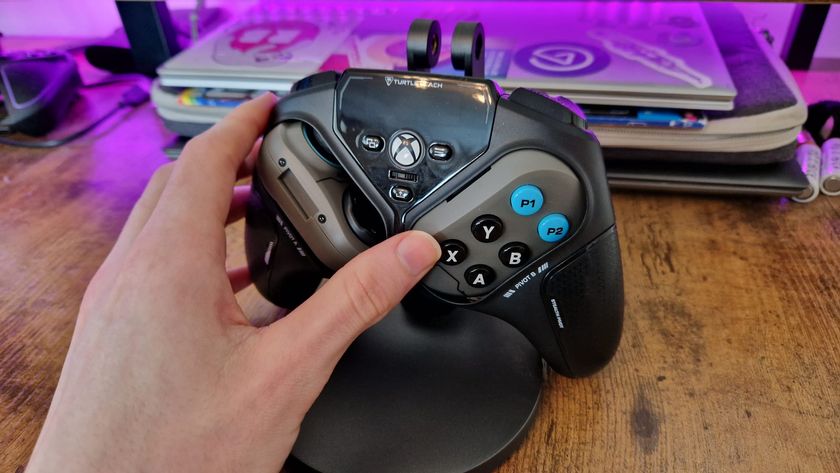12DOVE Verdict
Grid Legends finds its niche alongside Forza Horizon and Gran Turismo, offering track-based thrills for all skill levels.
Pros
- +
Tight controls
- +
Accommodates arcade and sim players
Cons
- -
Occasionally dodgy AI
- -
Disappointing story
Why you can trust 12DOVE
Grid Legends is a brilliant racer, partly because it's determined to strike a balance that many similar games have no interest in chasing. This isn't a hyper-realistic driving game that practically demands a driving licence to make it past the title screen, nor is it a cartoonish caricature that laughs in the face of physics. It's a game that tries to make itself fun for as many people as possible… and succeeds.
As any casual racing fan who's tried playing (to take the most extreme example) a rally game knows, driving aids do not automatically make a game approachable – which makes what Grid Legends has achieved here all the more impressive. Make no mistake, you can give yourself an unforgivingly realistic racing experience if you want, complete with the ability to total your car. Spend a few seconds in the menu, however, and you can adjust elements of Grid Legends to create a driving model that's simple without being insulting. AI difficulty, individual aids, the visible racing line, and more can be tweaked to your liking until you have your perfect platter for play.
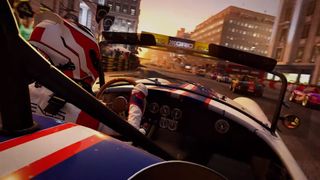
Release date: February 25, 2022
Platform(s): PS5, PC, PS4, Xbox One, Xbox Series S/X
Developer: Codemasters
Publisher: EA
Racing games aren't traditionally known for their storytelling, and I'd wager that nobody expects or wants that to change. Regardless, Codemasters went all out here. Grid Legends has a lavishly produced story mode, which uses a VFX technique employed in The Mandalorian, and boasts Ncuti Gatwa of Sex Education fame among its cast.
You play a rookie driver, only ever known as "Driver 22", who's recently joined the struggling Seneca Racing team. As fun as the blend between live action scenes and actual play can be throughout the campaign, there is an enormous disconnect between the scripted action and your accomplishments. Even if you win several races in a row, the story will continue as though you're barely scraping through. Not that it's a particularly compelling story anyway; despite some good direction, the acting is rather hit and miss, with one actor in particular practically begging for a moustache to twiddle to complete his comic-book villain act.
The wheel deal
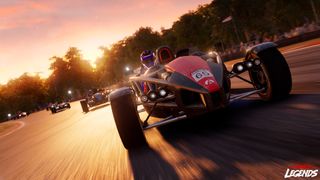
Nonetheless, the story mode should be your first port of call in Grid Legends – and you can skip all the FMV scenes if you want to. It's an excellent tour of what the game has to offer, with a wide variety of vehicles, tracks, and events to sample. Roaring around the track in a formula car is a speed-focussed rush, while trucks prove unstable over ramps and around corners in the best way possible, usually just failing to tip over. Racing Minis through London in the rain, meanwhile, is sure to bring a smile to even the most stiff of British upper lips. All very different cars with very different handling, but they all feel right.
The Nemesis system from 2019's Grid makes a return, and has quite an impact on offline races. If you smash into an opponent too hard, they become your Nemesis, and will gleefully ram you back whenever they get a chance. That's the idea, at least; occasionally, I'd acquire a Nemesis because they hit me, or seemingly simply because I overtook them or drafted them for too long. Mostly though, it's clear why an opponent has become my Nemesis and, yes, multiple racers can have it in for you at once.
The Nemesis status remains for the whole race, and even carries over to the next if it's some sort of championship. I found myself trying to avoid creating Nemeses whenever I could help it, because a revenge smash at the wrong moment can, and sometimes does, cost me a hard-earned place or two in the pack. The aim seems to be to recreate the feeling of online rivalries and, while it doesn't quite get there, it does add a welcome flavour of danger to each race.
Career mode is more traditionally structured, with new cars and events slowly unlocked as you progress. It's also where XP, in-game cash, and levelling up comes into play. XP is earned during every single race event you compete in, on-screen messages telling you how much you've earned for overtakes, drafting, keeping to the ideal racing line, etc. This feeds into your Driver level, which dictates what upgrades are available to you.
Steer it up
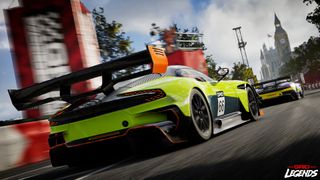
Upgrades in Career mode are split between Mechanic and Teammate types, and can be bought to, say, reduce the cost of new cars, or improve your teammate's performance. You can even, in a grimly amusing demonstration of capitalistic game design, pay to reduce his share of the race winnings. Am… am I the baddie?
Individual car upgrades meanwhile are unlocked according to miles driven, which can feel a little unfair when you've only unlocked two events for that vehicle so far. Of course, you can contribute to those miles by using the car outside of the career, but you need to have unlocked and/or bought it in order to do so.
There are over 100 cars in Grid Legends, and it's going to take many, many hours to get your eager little hands on all of them for your garage (and many more to fully upgrade them). However, a superb compromise has been struck in order to ensure that you can drive any car you like straight away. If you want to use a car that you don't own in a race, you can do so free of charge; but in exchange for a huge dent in your race winnings, and the understanding that none of the miles driven will count towards unlocking that car's upgrades.
This instant access to the full roster of cars ensures that the race creator meets its full potential. It works much as you'd expect, in that you can choose the track, event type, weather, time of day, and so on, and can be raced either online or offline. You can choose which class of car competes or build out a Multi Class exhibition, which lets you set up-to five different types of car against one another. Trucks against GT cars? Maybe with some pimped-out racers in there? Why not! Grid Legends will automatically apply a head start to any significantly outclassed cars, but you can disable that if you're feeling like a villain…
Gottle of gear
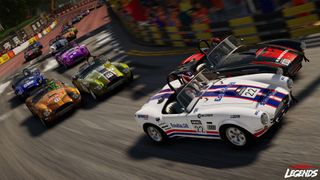
What I found particularly interesting was that my confidence, and dare I say my skill, evolved the longer I played – and Grid Legends was more than happy to join me on the journey. Not only does each class handle uniquely, the 130+ tracks offer a variety of demands. Some have long stretches to build up speed, others require you to master regular tight corners, and so on. Being asked to regularly adapt to different vehicles and different routes, I think, teaches as well as entertains.
While there are a few bumps in the road – boost gates in electric car races feel unnecessary and rather silly (thankfully optional in race creator), and the AI is sometimes bafflingly slow to recover from major crashes – they're easy to forgive. There's not a single bad track in the mix of real and fictional routes, and – on PS5 as I've played it, at least – the all-important frame rate is consistently smooth. Throw in cars that are as pleasing to drive as they are varied, and you've got a nice little runner.
Grid Legends was reviewed on PS5 with code provided by the publisher.
Luke contributed regularly to PLAY Magazine as well as PC Gamer, SFX, The Guardian, and Eurogamer. His crowning achievement? Writing many, many words for the last 18 issues of GamesMaster, something he’ll eagerly tell anybody who’ll listen (and anybody who won’t). While happy to try his hand at anything, he’s particularly fond of FPS games, strong narratives, and anything with a good sense of humour. He is also in a competition with his eldest child to see who can be the most enthusiastic fan of the Life is Strange series.

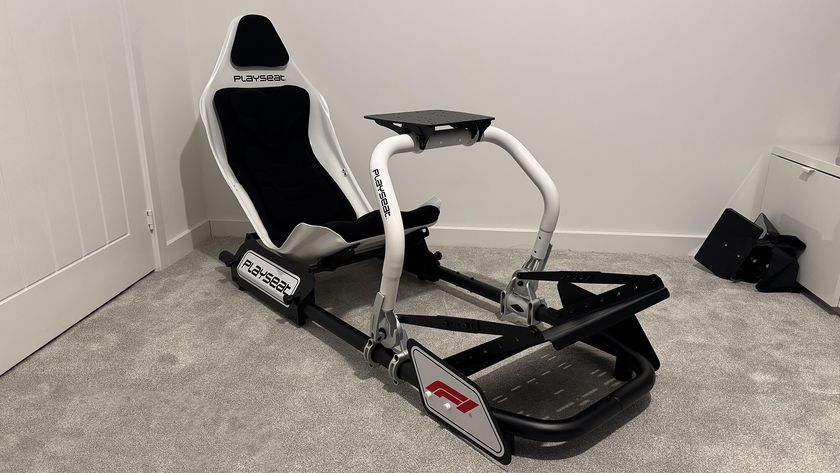
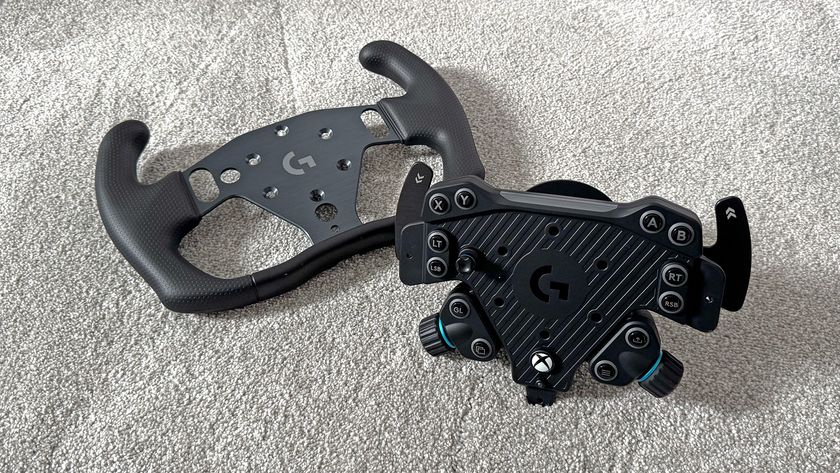
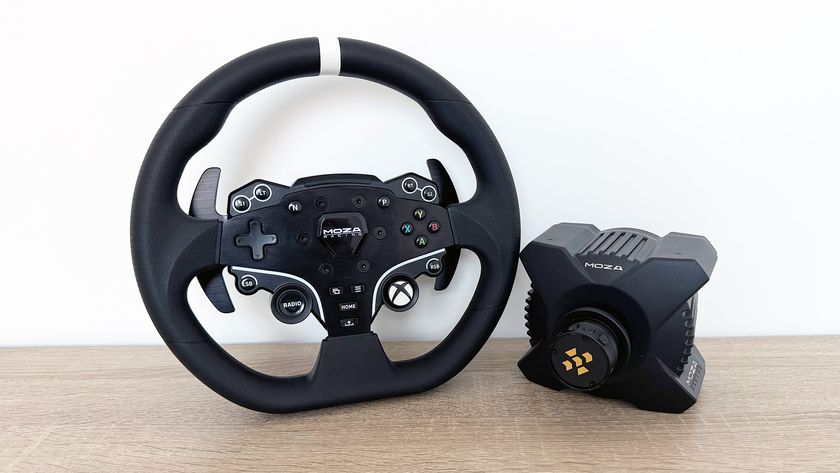
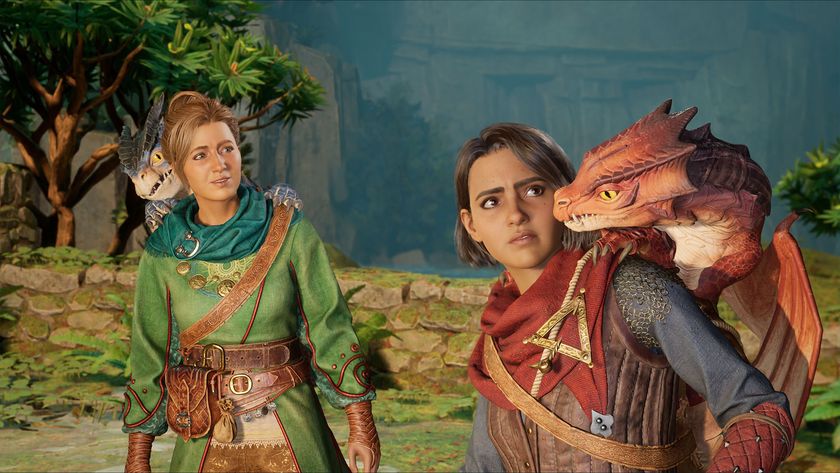
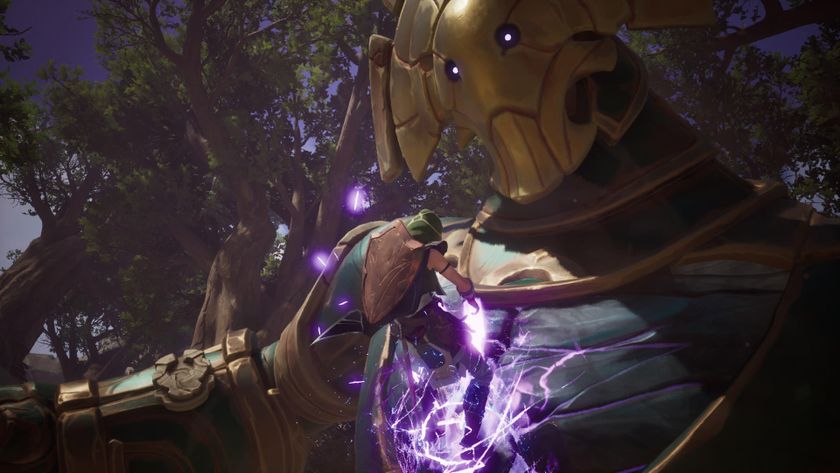





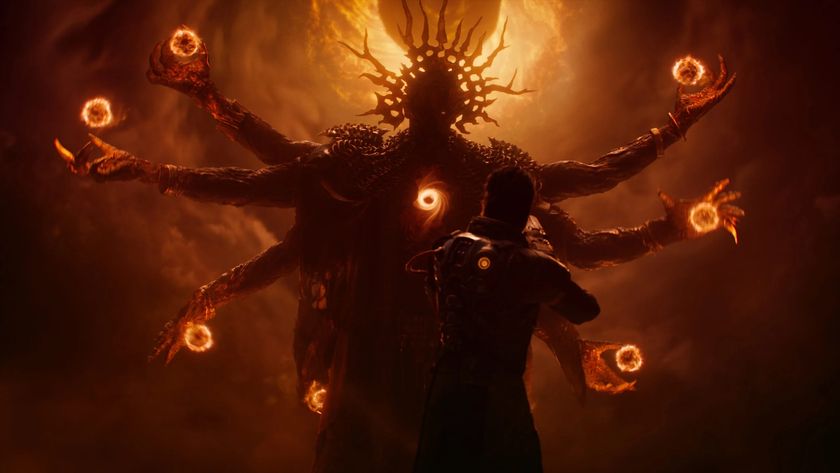



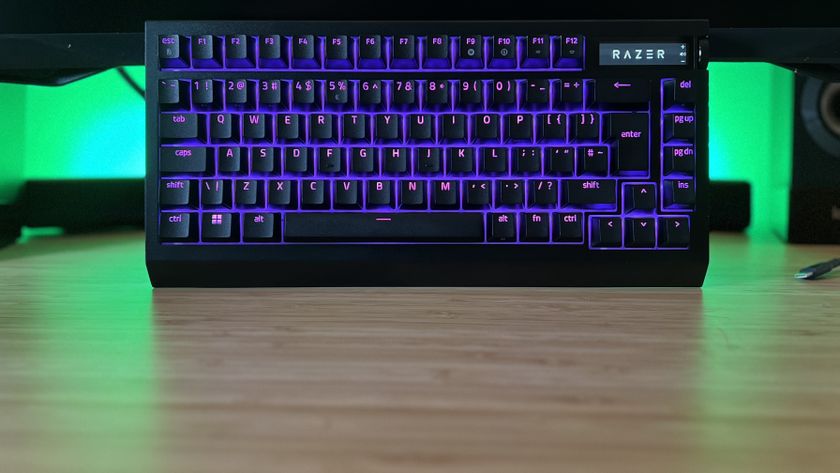

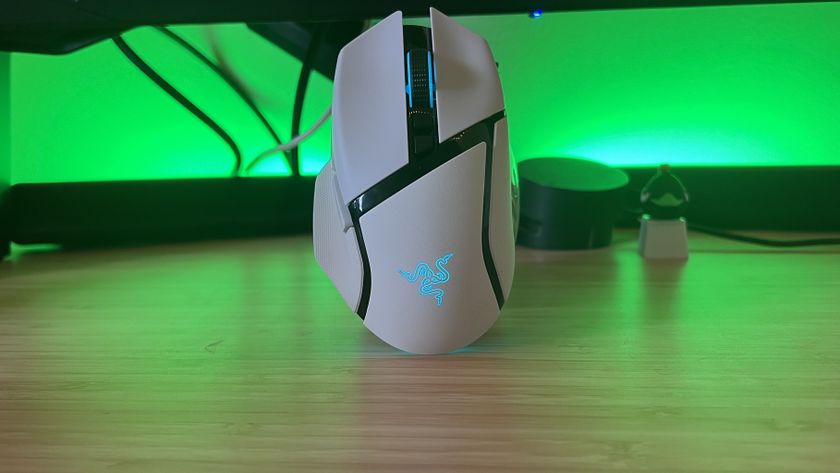

Don't expect Minecraft to go free-to-play anytime soon, as Mojang says "It doesn't really work with the way we built it"
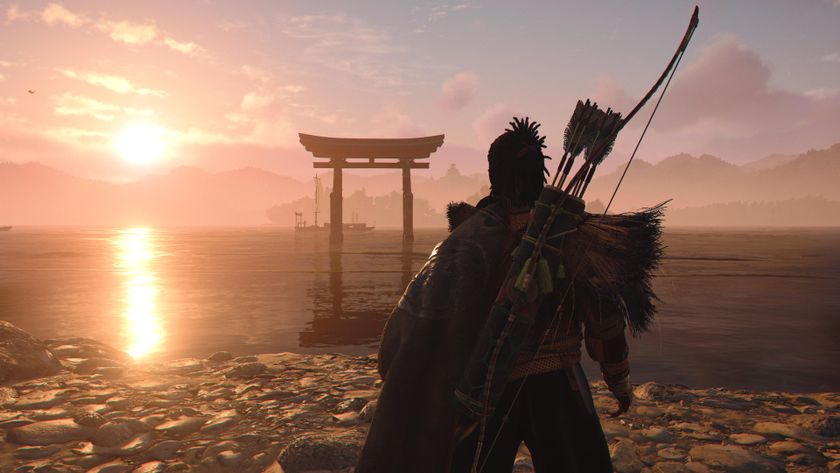
Assassin's Creed Shadows has an entire island stuffed with adorable kittens you need to check out, and it's based on an actual Japanese cat paradise
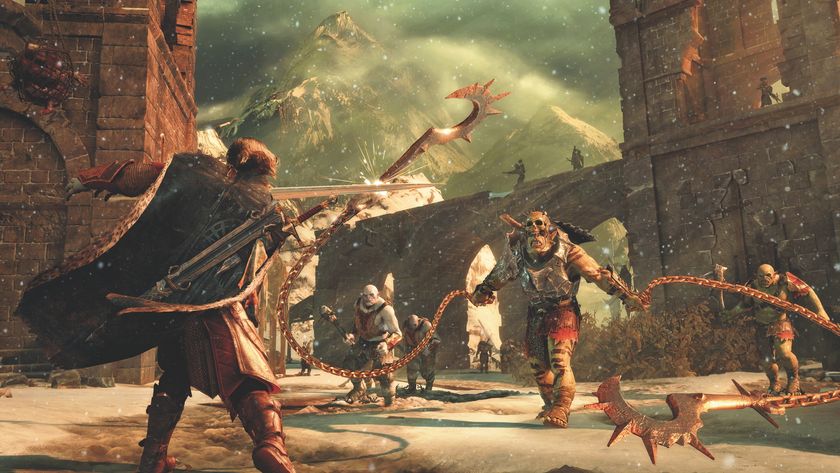
Shadow of Mordor's Nemesis System was only created because WB Games wanted something to combat Batman Arkham Asylum's second-hand sales, exec says
